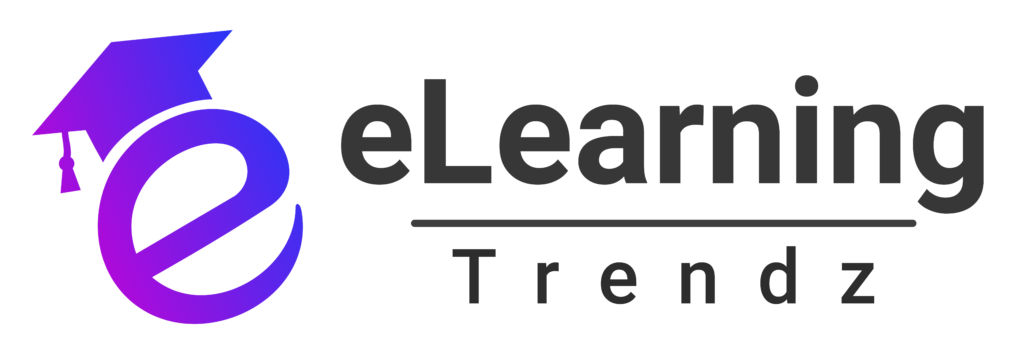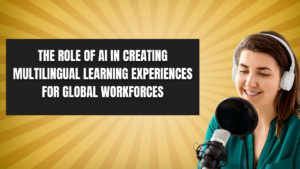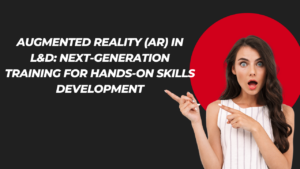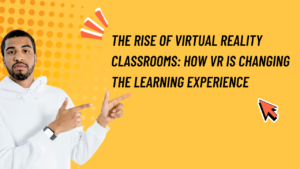As the workplace continues to evolve, Learning and Development (L&D) professionals must embrace a diverse set of skills to meet the demands of modern organizations. From leadership to data analysis, these competencies are critical for designing impactful training programs, fostering employee growth, and aligning learning initiatives with business goals.
21 Must have Key skills every L&D professional should master in 2025
Leadership
Leadership is a cornerstone skill for L&D professionals, as they are often responsible for driving organizational learning strategies. Effective leaders inspire their teams, align training initiatives with business objectives, and create a vision for continuous development. By demonstrating strong leadership, L&D professionals can foster a culture of learning that empowers employees to thrive.
Communication
Clear and effective communication is essential for engaging learners and delivering impactful training programs. L&D professionals must articulate complex concepts in ways that resonate with diverse audiences while also listening actively to feedback. Strong communication skills help bridge gaps between organizational goals and employee development needs.
Project Management
Project management ensures that learning initiatives are executed efficiently and within scope. L&D professionals must plan, organize, and oversee multiple training projects simultaneously while managing resources effectively. This skill helps maintain timelines, budgets, and quality standards across all learning programs.
Critical Thinking
Critical thinking enables L&D professionals to analyze challenges and develop effective solutions tailored to organizational needs. Whether assessing the effectiveness of a training program or identifying skill gaps, critical thinking fosters strategic decision-making. It allows professionals to approach problems with clarity and logic, ensuring impactful outcomes.
Creativity
Creativity is vital for designing innovative and engaging learning experiences that capture attention and drive retention. By thinking outside the box, L&D professionals can craft unique training materials that resonate with learners. Creative approaches also help solve complex challenges in ways that traditional methods cannot address.
Change Management
In today’s fast-paced work environment, change management is crucial for helping employees adapt to new processes or technologies. L&D professionals play a key role in facilitating smooth transitions by providing relevant training and support. This skill ensures that employees remain resilient and productive during periods of organizational change.
Teamwork
Teamwork is an indispensable skill for L&D professionals who collaborate with cross-functional teams to design and deliver training programs. Building strong relationships with colleagues fosters a collaborative environment where ideas can be shared freely. Effective teamwork ensures that learning initiatives are cohesive and aligned with organizational goals.
Collaboration
Collaboration goes beyond teamwork by involving stakeholders from various departments in the learning process. L&D professionals must engage subject matter experts, managers, and employees to co-create meaningful training solutions. Collaborative efforts lead to more comprehensive programs that address diverse perspectives and needs.
Instructional Design
Instructional design is at the heart of creating effective learning experiences tailored to adult learners. This skill involves structuring content in a way that maximizes engagement, retention, and application. Proficiency in instructional design allows L&D professionals to develop programs that are both impactful and learner-centric.
Problem Solving
Problem-solving is critical for addressing challenges that arise during the development or delivery of training programs. L&D professionals must identify root causes of issues and implement practical solutions quickly. This skill ensures that obstacles do not derail learning initiatives or hinder employee progress.
Time Management
With multiple projects often running simultaneously, time management is essential for staying organized and meeting deadlines. L&D professionals must prioritize tasks effectively to ensure timely delivery of training programs without compromising quality. Mastering this skill enables them to balance competing demands efficiently.
Adaptability
Adaptability is key in an ever-changing work environment where new technologies and methods are constantly emerging. L&D professionals must remain flexible in their approaches, adjusting programs based on learner feedback or shifting organizational priorities. Being adaptable ensures relevance and effectiveness in all learning initiatives.
Learning Programs Development
Developing impactful learning programs requires a deep understanding of organizational goals and employee needs. This skill involves designing content that addresses specific competencies while fostering engagement and growth. Effective program development ensures alignment between individual performance improvement and business success.
Relationship Building
Strong relationship-building skills help L&D professionals establish trust with learners, colleagues, and stakeholders. By fostering positive connections, they create an environment where collaboration thrives, and employees feel supported in their development journeys. Healthy relationships also enhance the overall effectiveness of training initiatives.
Conflict Resolution
Conflict resolution is essential for managing disagreements that may arise during team interactions or group training sessions. L&D professionals must mediate disputes effectively while maintaining a positive learning atmosphere. This skill promotes harmony among learners and ensures productive outcomes from collaborative efforts.
Data Analysis
Data analysis empowers L&D professionals to measure the effectiveness of their programs through actionable insights. By interpreting metrics such as engagement rates or performance improvements, they can refine their strategies for better results. Data-driven decision-making ensures continuous improvement in learning outcomes.
Emotional Intelligence
Emotional intelligence enables L&D professionals to understand and respond to the emotions of others effectively. This skill fosters empathy, self-awareness, and strong interpersonal relationships within the workplace. High emotional intelligence creates a supportive environment where learners feel valued and motivated to grow.
Innovation
Innovation drives the creation of cutting-edge training methodologies that keep pace with evolving workforce needs. By exploring new tools or approaches, L&D professionals can design programs that stand out in terms of engagement and effectiveness. Embracing innovation ensures relevance in an ever-changing business landscape.
Management Skills
Management skills are crucial for overseeing teams or large-scale learning initiatives within organizations. This includes strategic planning, resource allocation, and performance monitoring to ensure successful program execution. Strong management capabilities help align training efforts with broader business objectives.
Organization Skills
Organizational skills enable L&D professionals to manage multiple projects seamlessly while maintaining attention to detail. From scheduling workshops to tracking learner progress, being organized ensures efficiency across all aspects of training delivery. Well-structured processes contribute significantly to achieving desired outcomes.
Adult Learning Principles
Understanding adult learning principles is fundamental for creating effective training programs tailored specifically for adult learners. These principles emphasize self-directed learning, practical application of knowledge, and leveraging prior experiences as part of the process. Incorporating these concepts enhances learner engagement and retention significantly.
Conclusion
As we move into 2025, mastering these key skills will be essential for Learning & Development professionals aiming to stay ahead in their field. From leadership and communication to adaptability and innovation, these competencies empower L&D experts to design impactful programs that align with both employee growth goals and organizational success strategies.
By focusing on these skills, L&D professionals can not only enhance their own career prospects but also play a pivotal role in shaping the future workforce—one learner at a time!









